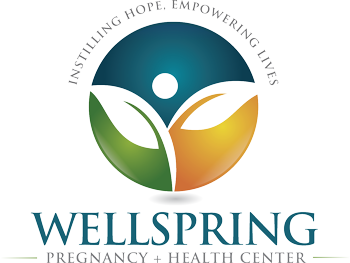Every medical procedure, including abortion, carries a chance for risks and complications. The risks you face can vary depending on whether you have a medical or surgical abortion.
Understanding and knowing what risks and complications you face when having an abortion is essential to protecting your health.
Medical Abortion
As the name implies, a medical abortion uses a series of drugs to end a pregnancy. Sometimes this method of termination is referred to as the abortion pill.
Mifepristone is the first drug taken and will block the progesterone your body produces. This hormone helps your body grow a pregnancy; without it, the fertilized egg will detach from the uterus.
The next drug used is Misoprostol, which causes the uterus to contract and expel the pregnancy through a woman’s vagina.
Knowing the age of your pregnancy is important when considering an abortion, as a medical abortion is only effective in the first 10 weeks of pregnancy.
According to the Mayo Clinic, the risks of medical abortion include the following:
- Incomplete abortion, which may need to be followed by surgical abortion
- An ongoing pregnancy if the procedure doesn’t work
- Heavy and prolonged bleeding
- Infection
- Fever
- Digestive system discomfort
Surgical Abortion
A surgical abortion is an invasive procedure in which your cervix is dilated, and medical instruments are inserted into your uterus to remove the pregnancy. A suction tube and surgical scraping tools are most often used during a surgical abortion.
The risks of a surgical abortion include the following:
- Uterine perforation (a hole poked through the uterus)
- Excessive bleeding
- Infection of the uterus or fallopian tubes
- Scarring of the inside of the uterus
- Reaction to the medicines or anesthesia, such as problems breathing
- Not removing all the tissue (requires another procedure)
Signs of Complications
Since most abortions involve a recovery at home, it’s important to know beforehand what signs or symptoms to watch for that can indicate health complications developing.
Signs and symptoms that require medical attention include:
- Heavy Bleeding (soaking through more than two pads in an hour for two hours)
- Severe back or abdominal pain
- Fever lasting longer than 24 hours
- Foul-smelling vaginal discharge
Mental Health Risks
While the physical risks of abortion have been well-known for decades, recent research has also shown a link between mental health issues and abortion. Mental health risks in post-abortive women include:
- Depression
- Anxiety
- Suicidal thoughts or behaviors
- Substance use disorder
Get the Facts You Need
If you are facing an unplanned pregnancy, it’s normal to feel scared, overwhelmed, and unsure about what decision is best for you.
That’s why getting all the information you can about your pregnancy is the best first step.
Taking a laboratory-quality pregnancy test to confirm your pregnancy and getting a follow-up ultrasound to learn the age, location, and viability of your pregnancy will give you the facts you need to make the best decision for your health.
The team at Wellspring Pregnancy and Health Center can provide you with a lab-quality pregnancy test and ultrasound scan—all at no cost to you. We’ll also be able to listen to your questions and concerns and answer any questions you might have.








Leave A Comment